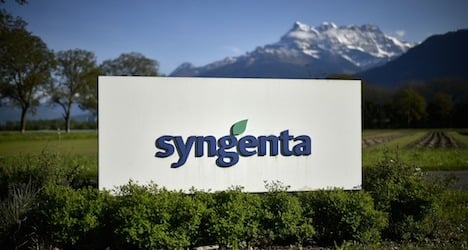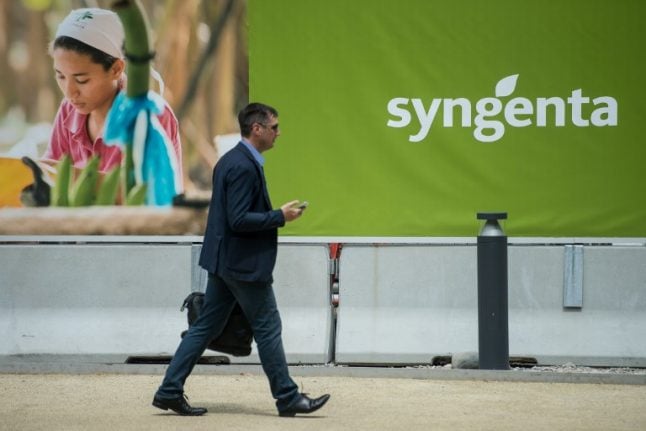Monsanto said it had no choice but to pull the plug on the proposed deal after Syngenta refused to entertain repeated and improved offers.
The most recent bid, proposed on August 18th, worth about $46 billion at the time, would have amounted to 470 francs per share overall, up from the original April bid of 449 francs per share, Monsanto said.
“Without a basis for constructive engagement from Syngenta, Monsanto will continue to focus on its growth opportunities built on its existing core business to deliver the next wave of transformational solutions for agriculture,” Monsanto said.
Syngenta confirmed that it had rejected Monsanto's latest offer, which “significantly undervalued the company and was fraught with execution risk.”
“Our board is confident that Syngenta's long-term prospects remain very attractive,” said Syngenta chairman Michel Demare.
Monsanto had argued that combining the two companies would have eliminated
inefficiencies in research, sped product introductions and generally boosted the ability of farmers to meet growing global food demand.
Monsanto had envisioned shifting the headquarters from the midwestern city of St Louis, Missouri, to Britain, a demonstration that “our merger will create a new global enterprise focused on future growth across all geographies,” Monsanto chief executive Hugh Grant said in an April 18th letter to Syngenta executives.
“The combination of our companies would redefine the future of agriculture,” Grant had said.
But Syngenta has repeatedly rejected the Monsanto bids as inadequate, in part because of worries the deal would be blocked on antitrust grounds.
Monsanto responded by raising the breakup fee to $3 billion in the August bid, from the previous offer of $2 billion. In the August bid, Monsanto also increased the cash share of the proposal to about 52 percent from the original proportion of 45 percent.
But Syngenta said Wednesday that “recent market volatility” had “highlighted the significant risk” for Syngenta from the deal.
The Monsanto offer priced Syngenta at 433 francs per share as of August 25th, Syngenta said. Monsanto shares have dropped 13 percent between August 18th and 25th amid global market turmoil.
Syngenta said Monsanto had also failed to provide “sufficient clarity” on a number of concerns, including regulatory risk, the tax benefits of shifting from the US to Britain and Monsanto's estimates of the financial benefits of the deal.
“We engaged with Monsanto in good faith and highlighted those key issues which required more concrete information in order to continue a dialogue. We take note of Monsanto's decision,” Demare said.
Syngenta executives in an earlier correspondence also cited the “reputational risks” of combining with the US heavyweight, which is a leader in genetically modified seeds.
In midday trade, US-listed Syngenta shares plunged 11.3 percent to $66.26, while Monsanto jumped 7.5 percent to $96.13.
SYNGENTA
Monsanto drops bid to buy Swiss rival Syngenta
US seed giant Monsanto dropped its campaign to acquire Syngenta on Wednesday, ending hopes to add a Swiss pesticides giant it had seen as key to expanding its global reach.
Published: 26 August 2015 20:02 CEST

Photo: AFP
Url copied to clipboard!


 Please whitelist us to continue reading.
Please whitelist us to continue reading.
Member comments